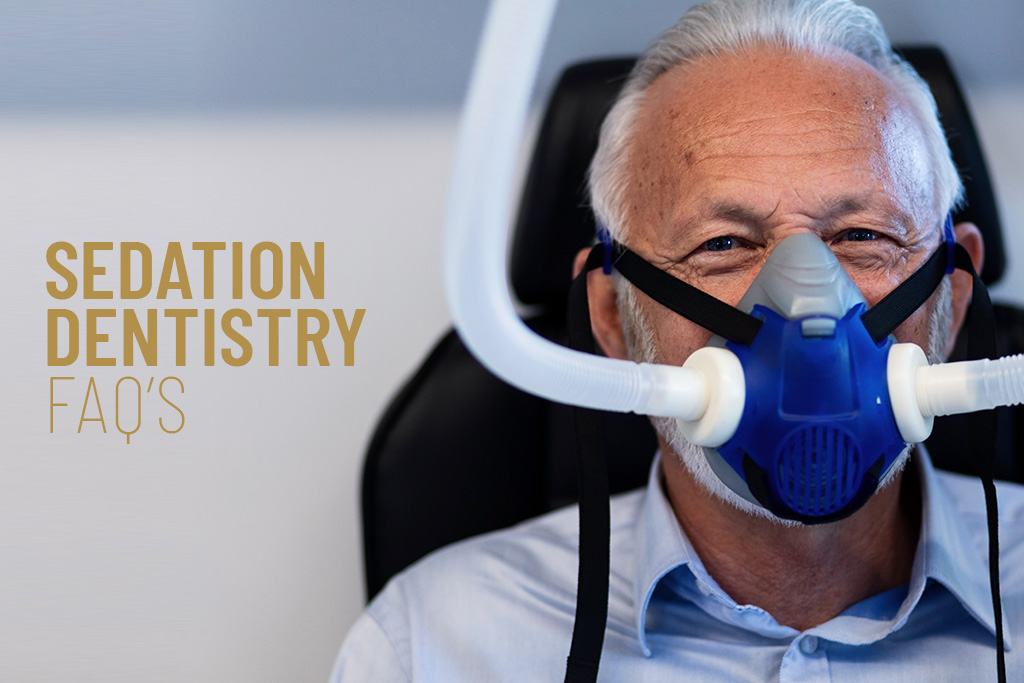What is Sedation Dentistry?
Sedation dentistry is a practice whereby patients are given medication in order for them to feel at ease during the dental procedure. It is specifically useful for patients who have dental phobia, those who have low pain tolerance, or those who require significant dental procedures. Depending on the circumstance of the treatment and needs of the patient, sedation or anesthesia can be given out as deep, moderate, or minimal. Sleep dentistry is helpful during routine checkups, such as teeth cleaning, as well as primary surgical operations, such as tooth extraction and root canal therapy. Sedation dentistry makes sure that patients are relaxed throughout their visit.

